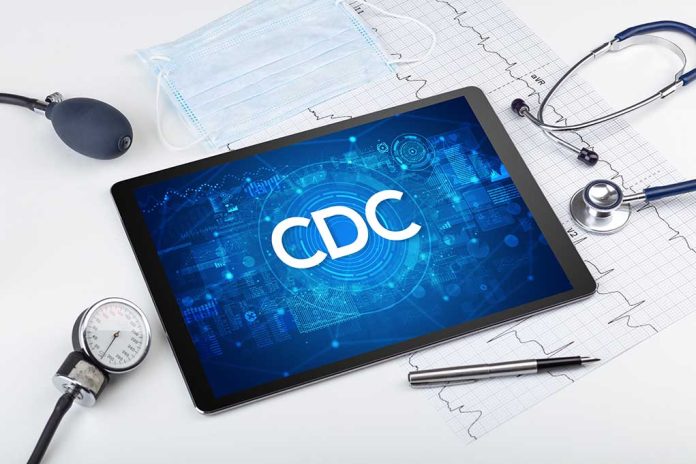
The CDC has deployed a team of experts to tackle a measles outbreak in Texas, raising important questions about public health coordination.
Key Takeaways
- The CDC sent “disease detectives” to West Texas to manage the measles outbreak, reflecting heightened federal involvement.
- An Epi-Aid partnership allows the CDC to work with local health officials, with 159 confirmed cases and one death reported in Texas.
- The outbreak highlights the importance of MMR vaccination, which is over 97% effective in preventing measles.
- The administration has provided vaccines and technical support, including sending 2,000 MMR doses to Texas.
- Criticism has been directed at Robert F. Kennedy Jr. for his muted response, given his history of vaccine skepticism.
CDC Steps In As Measles Spreads
The Centers for Disease Control and Prevention (CDC) has mobilized a rapid response team to West Texas in response to a growing measles outbreak. Involving local health authorities in an Epi-Aid collaboration, the team’s primary focus is on containing the outbreak that has reached 159 cases, with 22 hospitalizations and one reported fatality in Gaines County.
The CDC was invited by Texas health officials to form this partnership, which aims to reduce the escalating health risks. Although the largest number of cases are among unvaccinated individuals, some reports involve those with an unknown vaccination status and a few who had received the MMR vaccine. The CDC, through this strategic effort, seeks to overcome the complexities posed by such infectious disease threats.
Preventive Measures and Federal Support
The administration has provided robust support, ensuring the timely provision of technical assistance, laboratory support, and essential resources like the delivery of 2,000 MMR vaccine doses to the affected region. The Texas Department of State Health Services anticipates more cases, underscoring the need for a comprehensive approach to vaccination and outbreak management.
“The measles outbreak in Texas is a call to action for all of us to reaffirm our commitment to public health,” Department of Health and Human Services (HHS) Secretary Robert F. Kennedy, Jr, said in the CDC statement. “By working together — parents, healthcare providers, community leaders, and government officials, we can prevent future outbreaks and protect the health of our nation.”
The Health and Human Services (HHS) has also updated CDC guidelines to incorporate critical treatments, such as using vitamin A for malnourished children suffering from measles. However, this is not a preventive measure. Despite the severity, the outbreak serves as a reminder of the measles vaccination’s importance, with its potential to prevent further transmission and fatalities.
Public Health Challenges and Leadership
Robert F. Kennedy Jr., often scrutinized for his prior comments on vaccinations, faced criticism for his delayed response to the crisis. Earlier dismissive comments regarding the severity of the outbreak were followed by a written piece showing tepid support for vaccinations. With an emphasis on personal choice in health matters, Kennedy’s approach remains at odds with public health advocacy.
The measured responses from state and federal authorities highlight the coordinated efforts necessary to protect communities from such public health threats. The CDC’s proactive stance is geared towards safeguarding public health, emphasizing the collective responsibility of communities across America to uphold vaccination norms.
Sources:
- C.D.C. Sends ‘Disease Detectives’ to Texas for Measles Outbreak – The New York Times
- CDC team assisting with Texas measles outbreak as case total rises
















